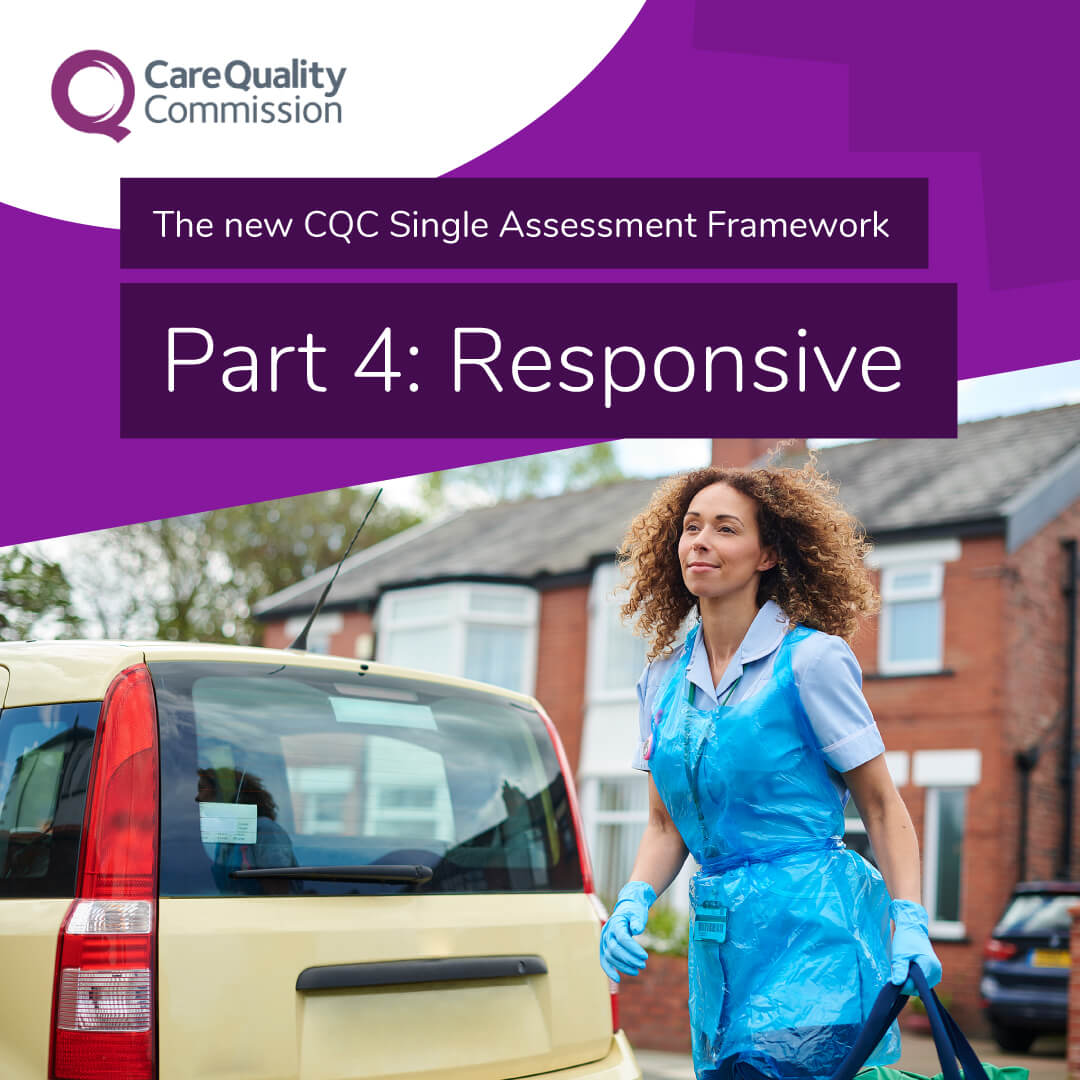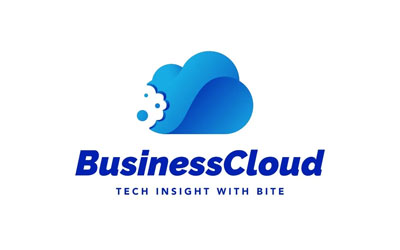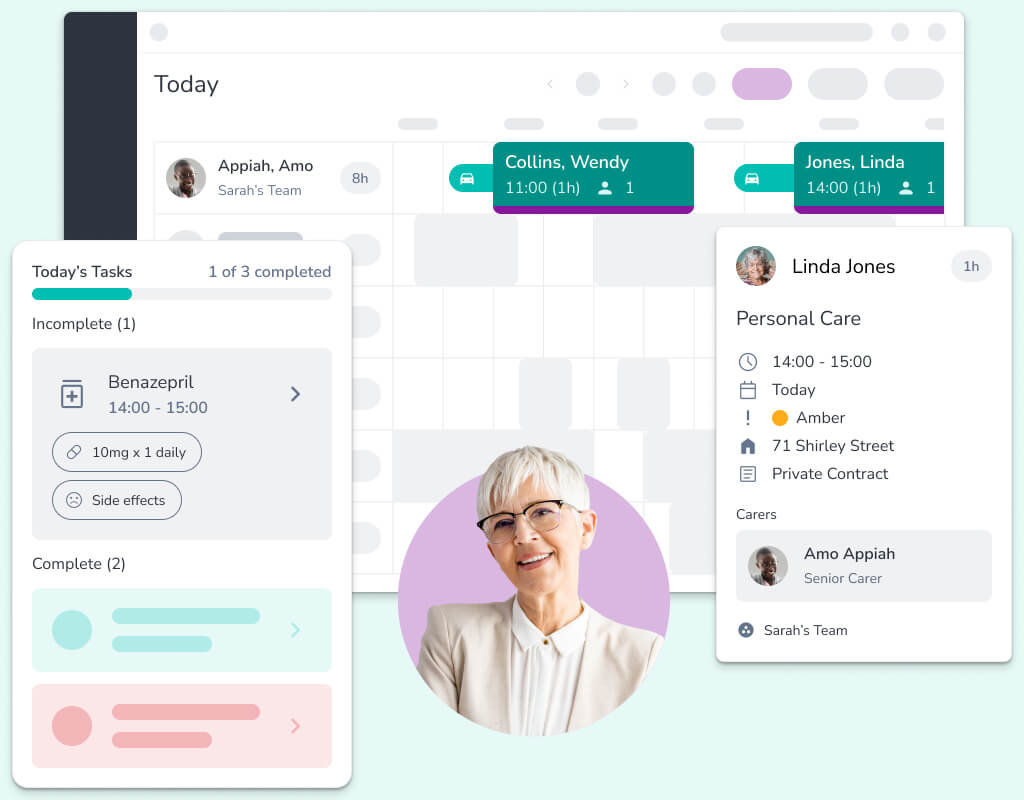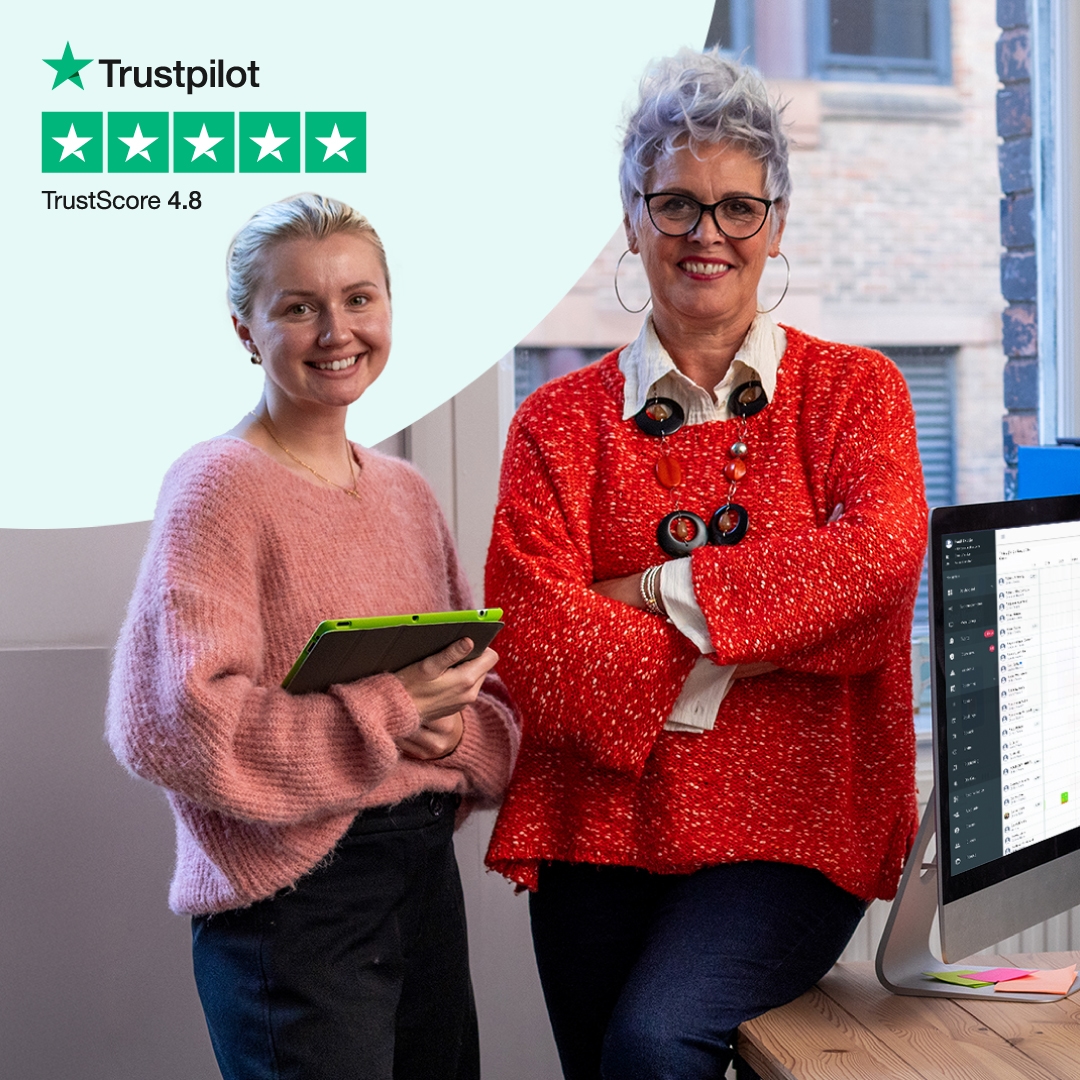There have been ongoing rumblings of dissatisfaction within the social care industry with regards to it being an unloved sibling of the health sector as personified by the NHS. Some would disagree, however, the fact is that social care can be somewhat overlooked, even quietly dismissed as relatively insignificant in the grand scheme of the continual crisis faced by the NHS. This is possibly due to the perception that social care is a stand alone part of the sector.
With particular reference to home care, this has been played out in a plethora of information sessions and workshops by key influential organisations within the sector when questions are asked such as, ‘Where does domiciliary/home care sit in your plans’? There is invariably a stunned silence and mumbled response, which says it all!
People working in the public sector and particular those working within local government appreciate that social care is the backbone in keeping the health and social care system afloat, one that supports the NHS from potential collapse. Home care providers work tirelessly to ensure that avoidable hospital admissions do not take place, however, for those who are admitted, they frequently find that barriers to a timely discharge are encountered, invariably due to insufficient capacity from social care provision.
The cost to the NHS is staggering, online publication Now Patient reports that ‘hospitalisation is often one of the most significant expenses for the NHS. The cost of overnight hospital stays in the UK can be up to £483 per night, excluding surgery costs’. In comparison, Age UK reports that care at home typically costs £25 per hour which is variable depending on a person’s circumstances. Homecare.co.uk reports on the cost of live-in care: ‘On average in the UK, you can expect to pay at least between £900 to £1,400 per week, up to around £2,000’ which is of course less than the costs incurred by the NHS from a week’s stay in hospital.
Home care – routes for integration
The evidence shows that given how expensive it is to look after a person in hospital in comparison to home based care, it makes sense for this sector be supported much more than it is currently.
It is no longer acceptable to differentiate between ‘health’ and ‘social’ care, they go hand in hand and are intertwined, one cannot survive without the other. It’s often the case that unless you walk in someone else’s shoes you will never know the hurdles that they face. This is the same right across the industry regardless of which banner you fall under: NHS, Local Authority or Community Services – we’re in this together.
For many people working in services, accessing information is relatively easy when you’re in the ‘system’ however, for providers of home care, the struggle to access critical information can be time consuming and frustrating when navigating barriers to professional collaboration. All too often, social care professionals come across an unspoken mistrust and lack of professional understanding of the roles and expertise within social care.
However, change is well underway, with digital innovation leading to a better understanding between services and what they deliver. Interoperability is being established and AI is opening up a world of valuable data insights. Now more than ever, it is critical that the transition from antiquated paper-based operations to fit for purpose technology steps up a pace. This is a collective responsibility right across health and social care.
Digital transformation – bridging the gap
Digital innovation and strategies for integration of technology are key for the partnership between ‘health’ and ‘social’ care to grow and flourish. It takes commitment from bespoke software companies like CareLineLive to continually respond to change, and develop their technology to meet the ever-changing industry landscape.
In April 2023 The Department of Health and Social care published the Hewitt Review, the result of the Rt Hon Patricia Hewitt’s independent review of integrated care systems (ICSs). Central to the review is a shift away from focusing on illness towards promoting health (a National Health Service rather than a National Illness Service). Improved coordination among healthcare providers in its broadest sense is essential. It’s evident that home care providers can significantly contribute to advancing efforts for better preventive healthcare and improved community services. Read CareLineLive’s summary of The Hewitt Review here.
CareLineLive’s development team are meeting roadmap milestones that are set to facilitate the much publicised challenges that people face when attempting to access care and treatment. CareLineLive is currently developing features that will make sharing of information a key component of the next phase of integrated care. These features include integrations with GP Connect, and has recently had two Professional Records Standards Body standards accredited, giving local authorities better digital tools to manage the provision of care packages to those individuals that have been assessed to require social care.
Technology and care brokerage
Care brokerage is a critical function fulfilled by local authorities and councils. Efficient brokerage ensures that more people receive the right care, in the right setting, within the shortest possible timescales. It’s an area that is seen as ripe for innovation and digital transformation, particularly due to many care commissioners currently being reliant on time consuming archaic processes that involve the use of spreadsheets, emails and phone calls.
In 2023 CareLineLive acquired CareforIT and Ulysses, allowing further development of CareForIT’s eBrokerage solution which will bring an enhanced solution to more local authorities. This will result in confident care package bidding which ensures smooth and swift brokerage between commissioners and service providers and ultimately timely commencement of care packages for people using services.
CareLineLive’s eBrokerage solution is developed specifically for working with commissioning bodies, care brokers and care providers. It brings commissioners and providers together in simple and prompt exchanges of information.
CareLineLive’s eBrokerage is a secure cloud-based online platform that aids hybrid working and will allow:
- Brokers/commissioners/care arrangers post new care packages on the portal and broadcast to approved providers
- Providers bid for the packages they are best able to fulfil
- The care broker to review the bids and awards care packages within a few clicks
- Delivery performance data to be reported online in a consistent format
- Payment data to be reported automatically
- Management reports to provide comprehensive KPI performance data, in various formats from an overview to a detailed drill-down.
Looking to the future
CareLineLive is at the forefront of building innovative solutions for the provision of home care services increasing capacity and efficiency in the sector. If you would like to be part of this inspiring journey contact the sales team for a free no-obligation demo.




